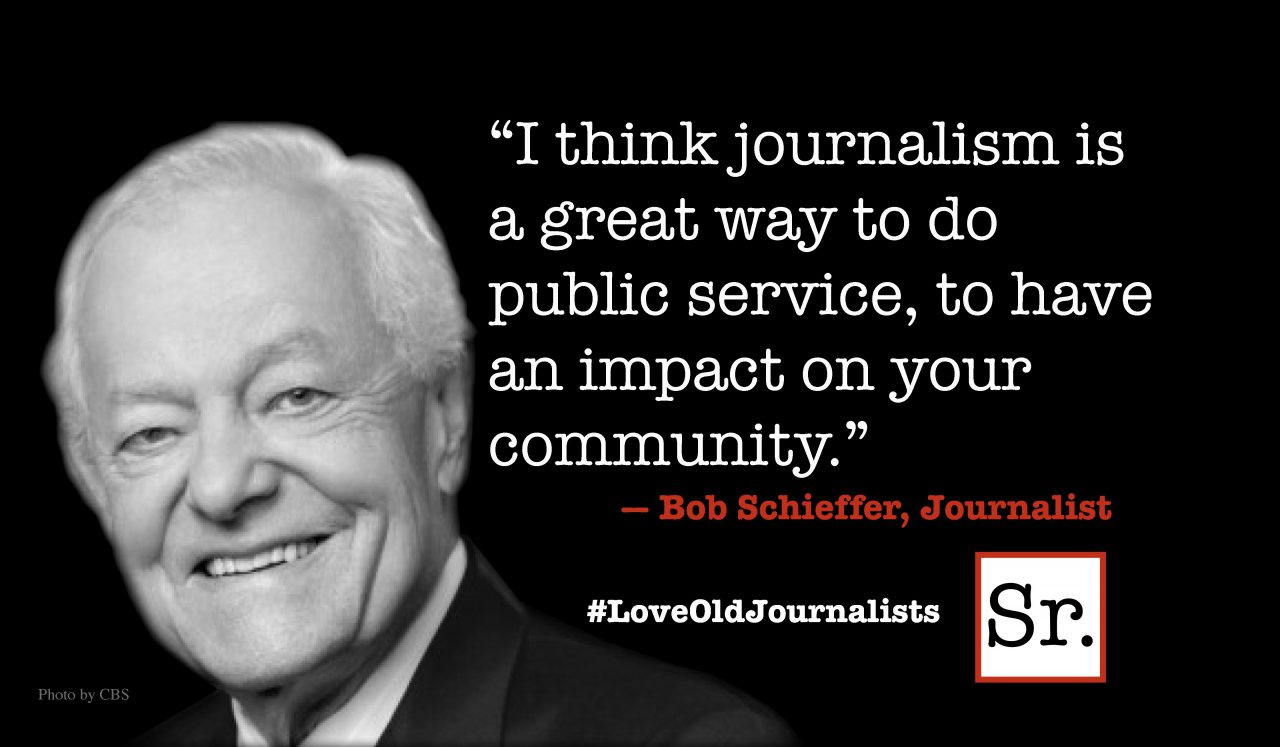A few weeks ago the Wall Street Journal had a special insert in the daily paper that dealt with retirement. It was entitled, Encore, Planning and Living The New Retirement. Besides the piece on the back page by blogging buddy, Sydney Lagier, I was quite interested in the results of the “So You Think You’re Ready To Retire Quiz.” The responses to question #6 seemed to be a good one for this post.
The question asked, “What percentage of surveyed workers say they plan to continue working for pay in later life, and what percentage of current retirees say they have worked for pay?”
The results mirrored what I found in my survey that is included in Living a Satisfying Retirement. There is a significant difference between those who think they will earn money after retirement and those who actually do. 69 percent of pre-retirees figured they would be earning money from a job or profitable endeavor. Only 25 percent of those who are retired have done so.
That is a very important finding. It shows a real disconnect between wishful thinking or intent and reality. It exposes a serious gap in understanding that what you may want does not mean it can happen.
What causes this disparity and why does it matter? I can think of a few possibilities:
1) We tend to not acknowledge the inevitable effects of aging on our ability to get and keep a job. The reality is age discrimination, being over-qualified, health issues, or a simple lack of appropriate job openings can doom this strategy.
2) If someone “plans” on working again after retirement that may mean there is less incentive to save properly before retirement. The belief that “I can always get a job if money becomes tight” could give that person an unrealistic feeling of security.
3) Once retired someone is much less likely to want to give up the freedom and control over time that comes with a satisfying retirement. The thought of getting back into that world hold little attraction, regardless of the monetary benefits.
4) With retirement often comes a scaled down lifestyle. Until then, predicting the amount of money needed is just an estimate. Once retired, the need to generate more income may not exist. A simplified and less consumer-driven lifestyle can be supported without going back to work.
Of course, there are two situations where this survey is meaningless:
a) To someone who has not saved enough or through unforeseen events must continue working or find something, anything, after primary employment has ended.
b) To someone whose life circumstances change dramatically enough after retirement to force a change in attitude. A major health problem for a spouse, the need to help support a child, or even raise grandchildren can make working after retirement essential.
My suggestion is you take some time to realistically analyze your post-retirement employment status: its likelihood, its motivation, and its costs to your retirement lifestyle. There is no right or wrong choice but it is important to understand why something is happening.
Posted by Bob Lowry









